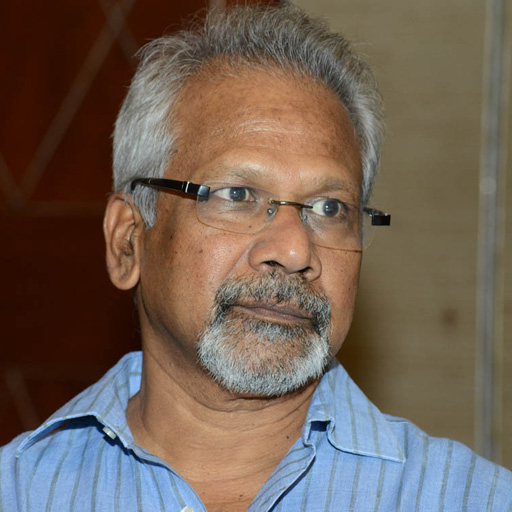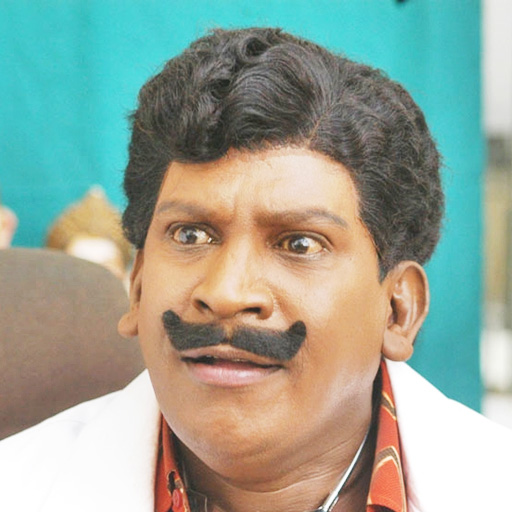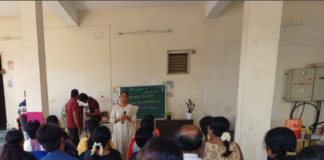Police service offers excellent career opportunities to the aspiring candidates. The job is full of challenge, growth and respect in the society. Being a uniformed service, it promises a disciplined life with adequate emphasis on physical fitness.
Law and order and police service are basically under the provincial governments but for the Indian Police Service (IPS) recruitment is controlled by the Union Government. In addition to the IPS, which is the apex service in a career in police, all the States have State Police Services. These services are supplemented by subordinate police services through which recruitment is made to the posts like Inspector, Sub-Inspectors and Asstt. Sub-Inspectors. In addition to the regular police force, there are para-military forces like the Border Security Force (BSF), Central Reserve Police Force (CRPF), Indo-Tibetan Border Police (ITBP), Central Industrial Security Force (CISF), Railway Protection Force (RPF), etc.
Indian Police Service
IPS is the premier and apex police service of the country. The recruitment for this service is made by the Union Government. Every year around 100 vacancies are filled up by the Government through a combined competitive examination known as Civil Service Examination. This examination is aimed at recommending the selection of candidates for the IPS, in addition to other all India and Central Civil Services. Depending on the choice exercised by a candidate and ranking in the order of merit, candidates are selected for the IPS.
A candidate recruited in the IPS has to undergo a tough schedule of training at the Police Academy and within 4 to 5 years one can expect to be the Superintendent of Police or Deputy Commissioner of Police. IPS Officers, in due course of service may expect to rise to the levels of Director General of Police in a State or DG of any other Central para-military force.
The Civil Services Examination is a common examination for recruitment to this service. It consists of a preliminary examination, a main examination and personal interview. The minimum age is 21 years and upper age limit, which keeps on changing, is 28 years of present. A graduate in any discipline is eligible to take the examination. The preliminary examination consists of one paper on General Studies and one optional paper. (For details please refer to February 1995 issue of the Competition Master.) All the candidates who are successful at the prelims are then required to take the main examination consisting of Language paper (Qualifying), two papers on General Studies and two papers each on two optional subjects, in addition to an Essay paper, introduced recently. The candidates who qualify the main examination also are then required to appear for a personal interview. Meritorious candidates are then recommended by the UPSC for appointment in IPS depending upon their choice for service and position in the order of merit.
State Police Service
After the IPS comes the State Police Service (SPS). This service is subordinate to the IAS and recruitment to this service is done by the respective State Governments, usually through State Public Service Commissions. The candidates selected for the SPS are usually posted as Deputy Superintendents of Police (Deputy SP) or Asstt Commissioner of Police (ACP). On prescribed satisfactory service in the SPS, the officers are nominated to the IPS. The duration required for promotion/nomination varies from State to State and usually varies from 8 to 15 years. The service has time-bound promotion and higher scales available to its officers and after nomination to the IPS the service condition of the IPS govern the matters of promotion and scales. A candidate joining the SPS at a favourable age can hope to rise to the level of IG Police in a State.
The recruitment to SPS is also on the same lines as that for IPS. The only difference is that the recruitment is made by the State Public Service Commission concerned through usually a combined competitive examination for State Civil Services. However, in case of Union Territory, recruitment to this service is made by UPSC through the Civil Services Examination as one of the Group-B Service.
To take the combined competitive examination for SPS, a candidate must be a graduate in any discipline and with a minimum age of 21 years. Upper age limit, however, differs from State to State. The combined competitive examination usually is conducted on the lines of the UPSC examination for Civil Services. The syllabi and pattern of the competitive examination has been adopted by most of the State Governments which is similar to the UPSC Civil Services examination. The number of vacancies vary every year depending upon the requirement of the concerned State. Requirement in large States like UP, MP, Bihar, Rajasthan, Maharashtra and Andhra Pradesh is greater as compared to the smaller States like Himachal Pradesh, Punjab, Haryana, Kerala, Sikkim and north-eastern States. After selection, which again is based upon the choice of service and merit of a candidate, selected candidates are required to undergo vigorous training before getting posted as Dy SP/ACP.
Subordinate Police Services
Almost all the States have Subordinate Police Services under which recruitment is made to the posts of Asstt Sub-Inspector (ASI), Sub-Inspector (SI) and Inspectors of Police after conducting a competitive examination usually through the State Public Service Commission concerned. In some States these posts are filled up through State Subordinate Service examination while in some States a separate examination is conducted. The minimum qualification for all these examinations is graduation in any discipline. In addition to the educational qualifications, some standards are also prescribed about the physique and medical fitness of candidates. This is done to ensure that the selected candidates do not face any difficulty while undergo rigorous training in police academies.
The scheme of examination differs from State to State, but essentially involves a competitive examination involving papers on language, General Studies and optionals. In other words the examination is similar to any other competitive examination.
Central Govt Police/Para Military Services
For police/paramilitary organisations like BSF, RPF, CISF, CRPF, ITBP etc the recruitment is done by the Government of India. At the Officer level, the recruitment is usually done at the level of Asstt Commandants for most of these services and in case of a few, recruitment is made through Civil Services Examination as a Group-B service. Higher level posts are either filled up by promotion or by the IPS Officers. In BSF even Officers from Armed Forces are taken on deputation. At the lower rungs of hierarchial ladder the posts are filled up by competitive examinations for ASI, SI and Inspectors.
Preparations
Before choosing Police Services as a career, a few things must be kept in mind. In addition to a reasonably good physique, the candidates must also have strong mind. In fact a robust mind is more important than good physique as the nature of job involves tough handling in rough situations. Deficiencies in the physical constitution of candidates can be overcome in the training but good frame of mind for police duties is an inherent requirement and hence a pre-requisite. In addition the candidates must ensure beforehand that they fulfil the physical standards prescribed for the service concerned and should also get medical examination done to avoid any disappointment at a later stage, after qualifying the examination.



